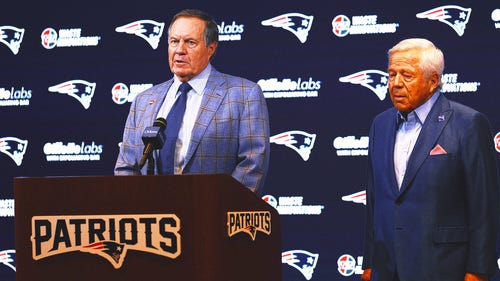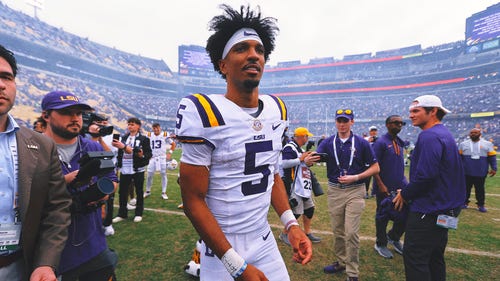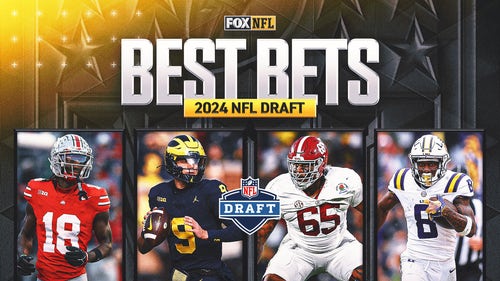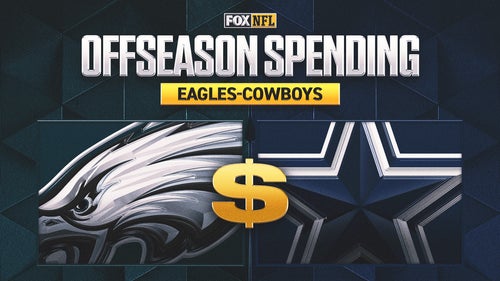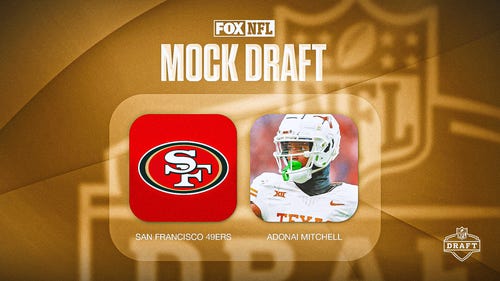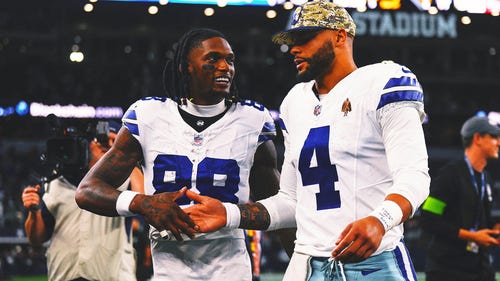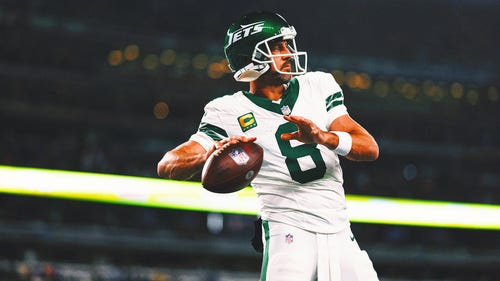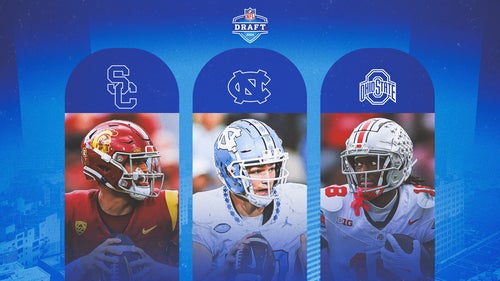
Wrong crowd can tackle NFL players
Maurice Clarett thought he had friends.
Plenty of folks wanted to hang with Clarett when he was a star running back at Ohio State University who was later drafted by the Denver Broncos. The good times ended in 2006. Clarett was convicted of an armed robbery that police say involved two acquaintances.
Clarett was asked by FOX Sports how many of the same people he once associated with came to visit during his 3½-year prison sentence.
“None of them,” Clarett said in a Thursday telephone interview.
“Those guys just continued living their life. They took their behavior to the next person and wherever the next party was going on. It lets you know how naive I was in my relationships.”
Clarett, 29, will share his cautionary tale at this week’s NFL Rookie Symposium in Aurora, Ohio. He hopes a new crop of young players can avoid the same mistake of socializing with those who care more about enjoying the ancillary benefits that come from athletic stardom than their personal well-being.
It may already be too late for Aaron Hernandez.
The New England Patriots tight end was taken into custody on Wednesday by police following the recent death of an "associate" named Odin Lloyd. The investigation also is believed to involve other Hernandez associates.
Hernandez may ultimately be cleared of any wrongdoing. But based upon this situation, the three-year NFL veteran already appears guilty of bad judgment in who he chose to surround himself with away from Patriots headquarters.
Ray Lewis, Michael Vick and Adam “Pacman” Jones made similar mistakes early in their pro careers, resulting in legal and civil actions against them for serious incidents that also involved their so-called friends. Lewis, Jones and Vick were able to put those episodes behind them and re-launch their NFL careers.
Clarett never did.
After being released early from prison in 2010 for good behavior, Clarett played football in the now-defunct UFL. Today, he is an aspiring Olympic rugby player whose other professional focuses are speaking engagements about overcoming his past as well as raising awareness of his charitable foundation, The Comeback Project.
Clarett has admitted to prior substance abuse as well as receiving payola like cars and money during his time at Ohio State despite that being a major NCAA violation. Clarett, though, refuses to blame others for luring him into the trouble that dated back to his teenage years.
“They were doing what I was allowing them to do,” Clarett said of his former cohorts. “I didn’t even understand what my best interest was. Looking back from a responsibility standpoint and some of the stuff I’ve gone through the past 10 years, I can say maybe they didn’t have my best interest at heart but I was just as involved as them.
“I was caught up in the culture of nonsense. You could have four, five, 20, even 50 guys around who want to roll with you. They want to party every night. You’re young and have money. There are tons of women around, and you get the pick of the litter. It’s hard not to get involved in foolishness. It’s a destructive vision being around some things that are culturally popular.”
Clarett also understands why it’s difficult for some players to distance themselves from those who knew them before reaching the NFL and landing six- or seven-figure rookie contracts. That sometimes even includes family members.
“It’s urban culture or even people you have a sense of loyalty to because you’ve known them forever,” Clarett said. “You may feel guilty because they’re not experiencing what you’re experiencing or feel they should enjoy this time with you because they’ve been around.
“The truth is they’ve been around, but they have not put in the same amount of work as you. They’re not able to reach those platforms and make bundles of money and have the same prestige and privileges on their own. Guys, though, may not know how to control being around that situation because their buddies want to be entertained.”
Atlanta Falcons wide receiver Roddy White experienced that same challenge.
In 2009, Yahoo! Sports reported that the Falcons expected him to create some distance from a group of long-time pals — including three roommates who were still living with White four years removed from his being drafted — before finalizing a six-year, $50 million contract extension. The Falcons were concerned that White’s posse would serve as an even bigger drain on his time and financial resources.
Since making the requested lifestyle change, White has strung together the best three seasons of his NFL career.
“It was a tough decision to make,” White told FOX Sports through Atlanta’s media relations department. “These were people who had been there for me for a long time, but there comes a time when you have to move on. I was lucky because I had my mom, grandma and great-grandma to help with it. They are my rock and really helped me with the transition.
“I always knew it was something that needed to be done, but it took awhile to actually do it. Things have worked out well since, and I think it has helped me become a better person, teammate, son and father to my children.”
White, Hernandez and every other member of their respective draft classes were warned about the hazards of hangers-on when attending the mandatory NFL Rookie Symposium. Troy Vincent, the NFL’s Senior Vice President of Player Engagement, said the message will be stressed once again to this year’s crop of 254 draftees.
“We find that the success of a player is directly proportional to how he sets and manages expectations in his relationships with friends, family members, teammates, coaches (and) even the media,” Vincent wrote Thursday in an email to FOX Sports. “If he is unable to manage those relationships, the relationships begin to manage him. It is very difficult to be effective once that happens.”
Besides hearing directly from Clarett and Jones, rookies may also find the Hernandez situation cited as an example of what can happen without the right support staff.
“There is some wisdom in the old saying that you become who you hang with,” Vincent said. “Our strategy is to utilize a peer-to-peer approach where players transfer their relationship-management life lessons to other players who can learn from those experiences.
“When a player learns to properly manage and balance his relationships, he is set on a path for lifelong success. This is not only true for current players but those who dream of playing in the NFL (or) have transitioned out of the NFL. They are the best life practices not just for football athletes but everyone.”
Hernandez is learning this the hard way.






































































































































